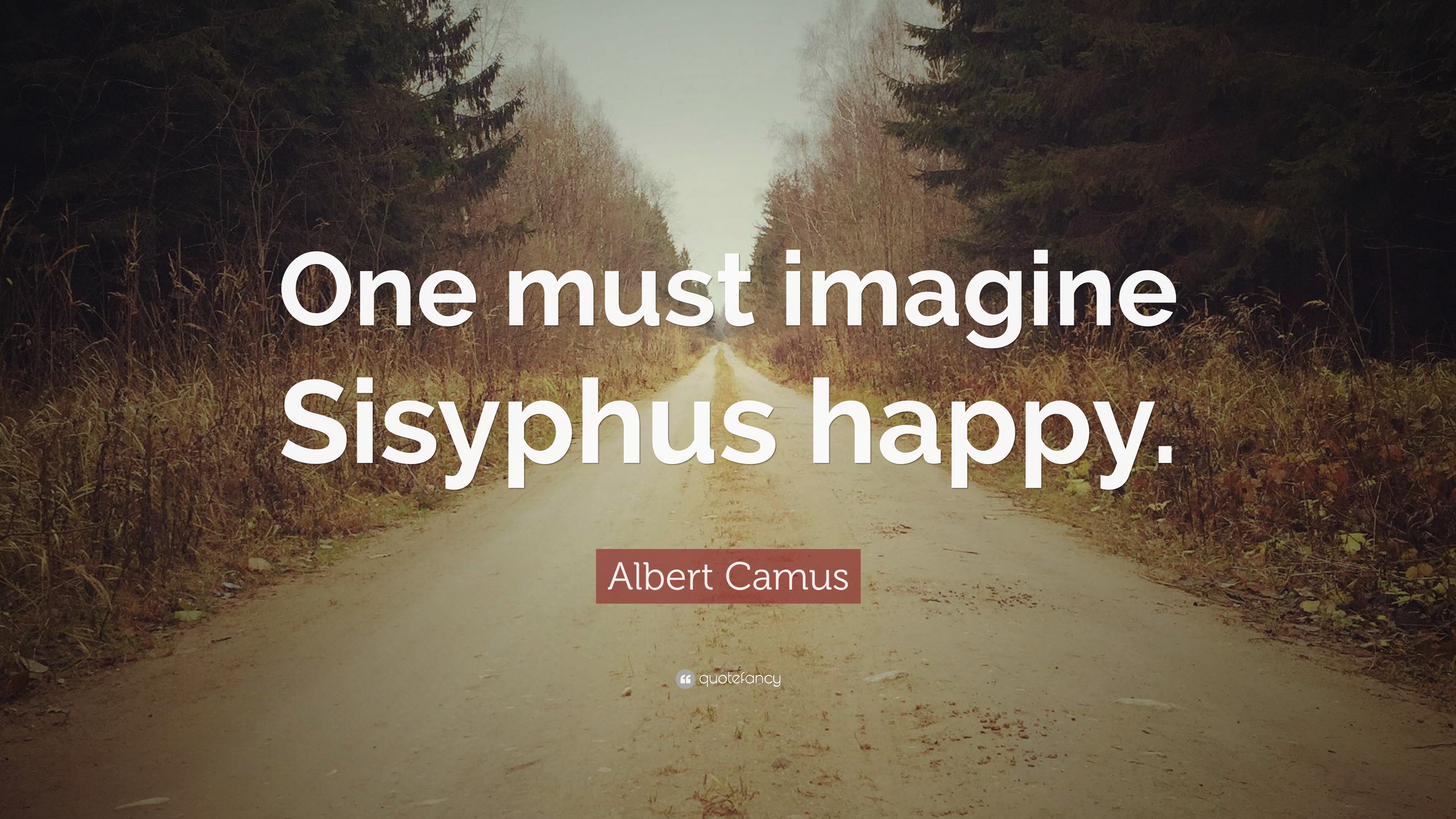


Experience suggests one never writes the book one plans to write. I sit at my desk seized by sudden doubt, conscious of decades of pointless toil behind me and the few years in front in the certain knowledge that I will never get it right. "One must imagine Sisyphus happy," wrote Albert Camus in 1942. Weldon has been made a Commander of the British Empire for her contributions to British culture. Her recent book, Habits of the House, is a novel of class boundaries and sexual scandal set in an English rural estate at the turn of the 20th century. She won a Writers' Guild Award for the pilot episode of Upstairs, Downstairs, a BBC television progenitor of Downton Abbey.

It seems very much in line with the thinking of workers who put themselves through so many unnecessary routines very day and discipline themselves into idiocy by coming to decide that they enjoy it.Is Jonathan Franzen More Like John Lennon or Paul McCartney?įay Weldon is winner of the Los Angeles Times Book Prize ( The Heart of the Country, 1989) and was shortlisted for the Man Booker Prize (1979, Praxis). Apparently.Ĭamus take seems redundant or perhaps even dangerous to me, since it can be used for at least as many bad faith arguments as good ones. How many people in the past month have found that they can do their job perfectly well from their home office? That the hour they spent getting ready every day, and the two hours commuting, was entirely pointless to the job itself.īut we should accept our burdens as inevitable, and rebellion is to enjoy them. Our lives in general are filled with constraints, but also with potential.Īnd a lot of those constraints are, rather than inevitable, completely arbitrary and unnecessary. But I don’t accept that our existence is a priori anything like being in a chain gang.īring in a chain gang is total loss of freedom, loss of control, loss of your entire potential. Maybe the most 'complete' or honest mindset is one where you are able/not too scared to see the absurdity, but still manage to not become nihilistic and/or depressed and immerse yourself in what you are doing and find value in it. A 'philosophical mindset' probably makes it more difficult. It's probably easier to perceive happiness if you don't think too hard. I believe a lot of, if not most people, do this naturally. Maybe we just have to accept this and learn to let go of thinking (reflecting/rumination) when it is not needed. That may seem like a cheap solution, to just pretend that our 'insights' mean nothing, but it seems that our reflective/analytic mind is somehow bound to realize that anything we do is absurd, no matter how we frame it. Maybe we can learn to focus on our lived experience instead and forget about the perceived meaninglessness. Most of the time, especially while we are actually doing stuff, reflection is just distraction, and will make any action seem absurd. However, we don't have to carry this view with us constantly. Sub specie aeternitatis ('through the lens of eternity'), life is probably bound to appear meaningless. It seems meaningless, because all of our projects will at some point be erased and forgotten, either while we're still alive or at best after we're dead. If we reflect upon life, it will at some point appear generally similar to the fate of Sisyphus, I think. Not sure if this is explicitly mentioned by Camus, but there is also the distinction between reflecting upon life and just living life i.e reflection on the one side and lived experience on the other.


 0 kommentar(er)
0 kommentar(er)
